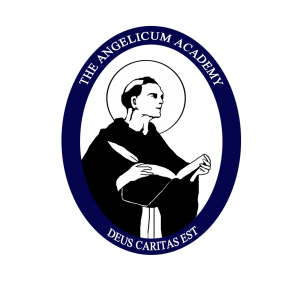
The Ethics of Aristotle
This course focuses on the views of Aristotle (387–321 B.C.) about morality by means of a caref
The Ethics of Aristotle
This course focuses on the views of Aristotle (387–321 B.C.) about morality by means of a caref
Enroll Now
Our Night Sky
This course offers you a tour of the night sky and the constellations and other objects we can se
Our Night Sky
This course offers you a tour of the night sky and the constellations and other objects we can se
Enroll Now
Introduction to Formal Logic
The courses begins by examining the human mind and seeing the ways in which logic is and is not a
Introduction to Formal Logic
The courses begins by examining the human mind and seeing the ways in which logic is and is not a
Enroll Now
